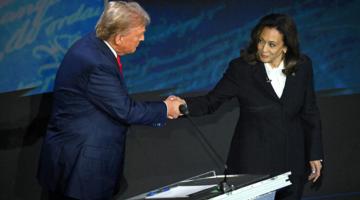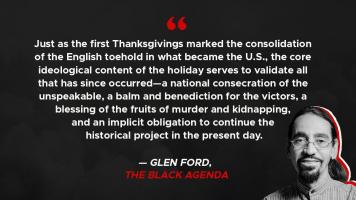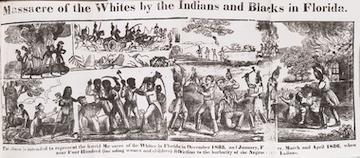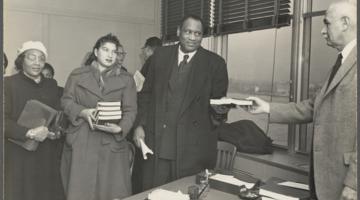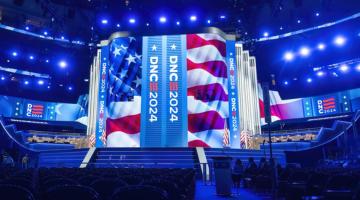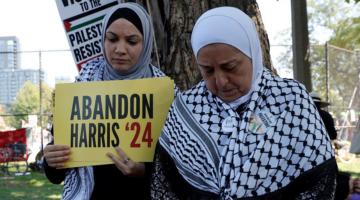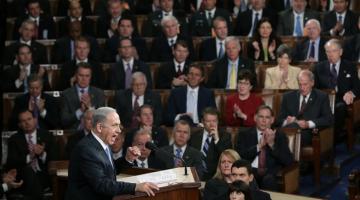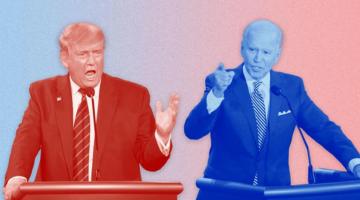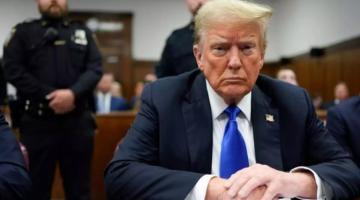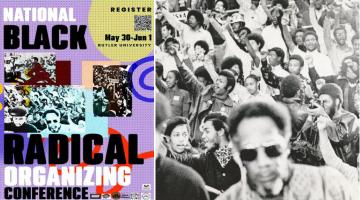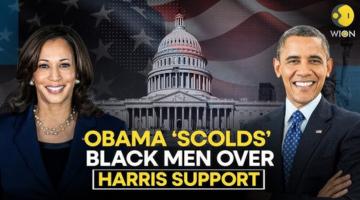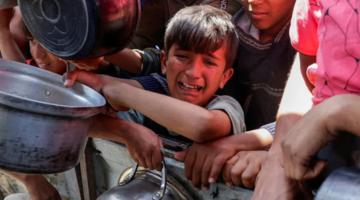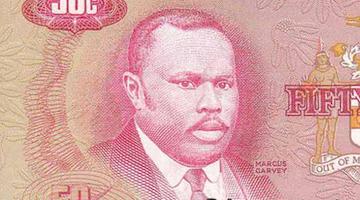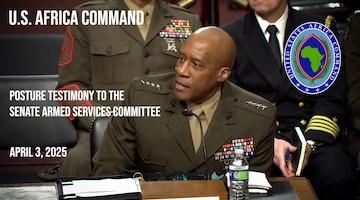Osaka’s statement must be seen as part of a radical tradition too often redacted from sports history.
“Genocide creates the imperative for radical transformation, not social reform, and leaves people with no other choice but to dismantle the conditions that spawn it.”
It is easy to assume that sports activism is emerging from its nadir and undergoing a renaissance. From pro basketball to tennis, games and matches have been postponed. League and corporate-approved social justice slogans have taken the place of players' surnames on game jerseys. Kneeling during the national anthem has become an acceptable nationalist posture. NASCAR has removed the confederate flag from its sanctioned events. And, the black power fist is easily and frequently spotted at many sporting events. It would seem that sports activism is emerging from a long yawn ready to do more than dribble, kick, hit, or swing, but also partake and give energy and significance to the protests for racial justice sweeping across the United States. One could conclude that the sports activists of today from the WNBA to the MLS are continuing the work of Paul Robeson, Tommie Smith, John Carlos, Muhammad Ali, Harry Edwards, and others by punctuating a need for change now. And yet, I beg to differ and not because most of what we are witnessing is performative or an example of “woke capitalism” where dissent is socially managed and commodified. Rather, because the sneaker scribbles, league approved social messages, and twitter rants often miss the conceptual analytical mark; that is, they simply reproduce and therefore fortify the common-sense liberal reproach for racial justice and racial equality. Put slightly differently, many of today's athletes traffic in what the great Harry Edward’s calls “the race relations comfort zone.”
“They simply reproduce and therefore fortify the common-sense liberal reproach for racial justice and racial equality.”
However, all is not lost, for two-time tennis champion and former number one ranked tennis star, Naomi Osaka did something different. Following the shooting of Jacob Blake in Kenosha, Wisconsin, Oaska did what many athletes did and announced that she would forgo her Western & Southern semi-finals match and concede victory to her opponent (only to play and win a day later). But unlike her colleagues throughout the sporting world, Osaka did more than boycott and strike, rather she charged “genocide.” She declared that she was tired of "[w]atching the continued genocide of Black people at the hands of the police...” Osaka’s charge of genocide is historically and analytically significant.
First, to charge genocide is to recall when the great actor, activist, and athlete Paul Robeson along with William Patterson and other members of the Civil Rights Congress led a delegation to UN headquarters in New York on December 17, 1951 to deliver “We Charge Genocide: The Historic Petittion to the United Nations for Relief From a Crime of the United States Government Against the Negro People.” This petition, over 200-pages in length, documented the various forms of brutality, murder, and mayhem that Black people confronted in the first part of the 20th century in order to demonstrate that the government of the United States was in violation of the U.N. Genocide Convention. “We Charge Genocide” stated that “the oppressed Negro citizens of the United States, segregated, discriminated against, and long the target of violence, suffer from genocide as the result of the consistent, conscious, unified policies of every branch of government.” It charged that under Article II of the Convention, the United States failed to enforce its own Constitution and must be punished under international law for its genocidal acts against Black people.
“The petition documented the various forms of brutality, murder, and mayhem that Black people confronted in the first part of the 20th century.”
While nothing came of this petition from a juridical standpoint -- seen as merely the work of black communist agitators -- genocide as an analytical concept remained in critical circulation throughout the 1960s and 1970s. Thus, Osaka’s statement must be seen as part of and as an extension of a radical tradition too often redacted from sports history, a writing of history too often enamored with integration and representation matters. But a tradition emergent from and constitutive of the Black Liberation Movement at large.
Second, and most importantly, Osaka’s charge of genocide has the potential to help people think beyond calls for equality, tolerance, and justice -- dominant frames of the multiracial Left and the Black misleadership class. That is, genocide as a heuristic device affords us the analytical opportunity to think and act beyond what Tryon Woods has recently called in his seminal work Blackhood Against the Police Power the “justice contradiction.” Genocide is not conditional, but an ongoing process that is at once spectacular and unremarkable from a media standpoint. To charge genocide, is to understand the limitations in Milwaukee Bucks point guard George Hill exhausted refrain about being “tired of crooked a** cops.” For such a declaration presupposes that the police are typically good unless otherwise infected by the so-called disease of racism. Instead, genocide understands the spectacular violence of police shootings as a form of overdetermined regularity not unscrupulous illegality. To do anything less, dangerously distorts how we understand antiblackness in this world.
“Genocide understands the spectacular violence of police shootings as a form of overdetermined regularity not unscrupulous illegality.”
Osaka stated that before she is an athlete, she is first and foremost “a black woman.” This declaration would be surprising to the champions of identity politics, especially given that Osaka has affirmed in the recent past that she is both “Asian and black.” But Osaka’s black affirmation is about politics, not cultural identity. That is, to be black, as Harry Edwards has stated, is to adopt a political stance and outlook, to manifest a disposition to act and think in a particular way where freedom and liberation is the goal. To charge genocide is to think and act black without apprehension. Genocide creates the imperative for radical transformation, not social reform, and leaves people with no other choice but to dismantle the conditions that spawn it. Such is the imperative of freedom.
In the end, as Joy James avers, “the charge of genocide is a touchstone for allegiance or rebellion” and Naomi Osaka’s conceptual analysis, albeit brief and unfortunately lost in the morass of racial liberalism, reminds that it’s time to make a decision and do something beyond the dubious rallying cries of the liberal left. Intentional or not, Osaka’s charge is a sine qua non of correct political intervention.We charge genocide!
P. Khalil Saucier, is Director and Professor of Africana Studies, Bucknell University, pks008@bucknell.edu
Please join the conversation on Black Agenda Report's Facebook page at http://facebook.com/blackagendareport
Or, you can comment by emailing us at comments@blackagendareport.com

